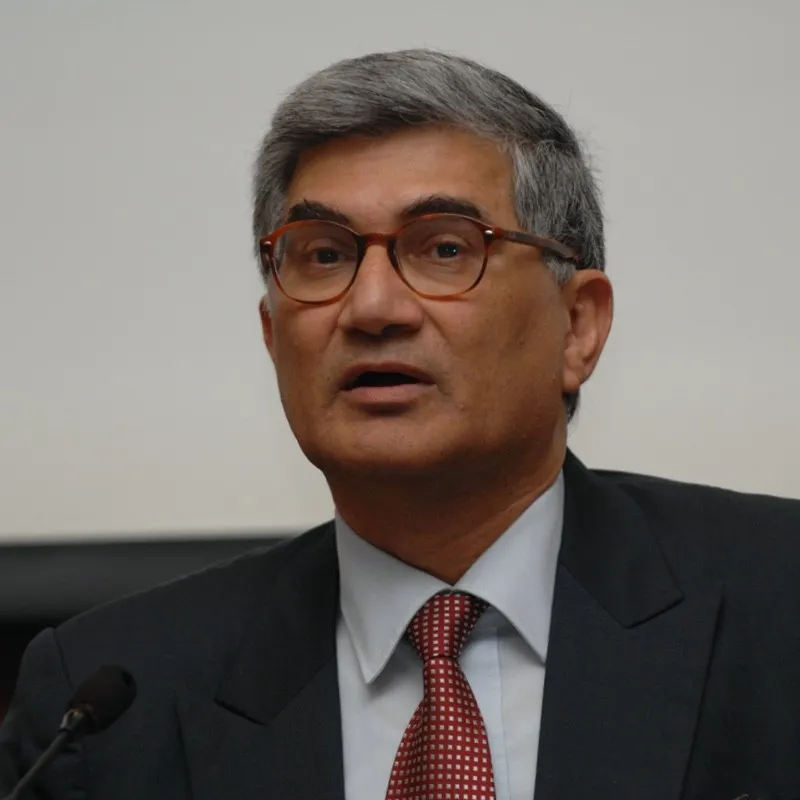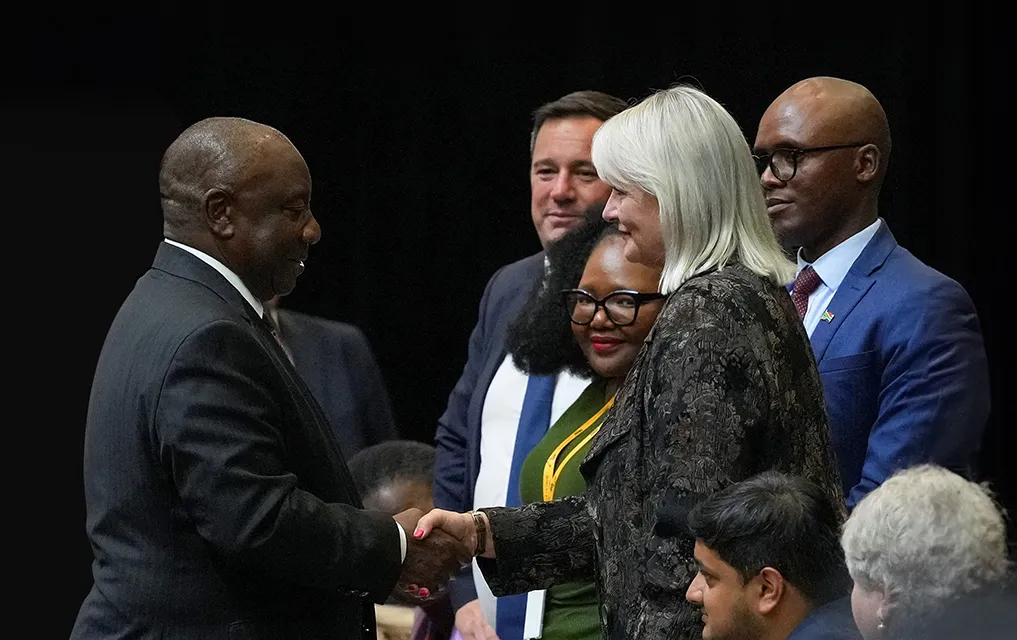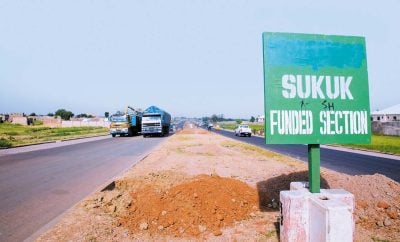
South Africa’s ‘Rainbow Nation’, once described by the ANC intellectual and fellow inmate of Nelson Mandela at Robben Island prison, Seddick Isaacs, as “too forgiving”, and taken for granted for so long, not surprisingly showed it had had enough. Come election day, 29 May 2024, and the 27,672,264 registered South African voters delivered a body blow to the ANC, which left Africa’s oldest political party punch-drunk and reeling.
Gone was the absolute majority of six previous elections, as it was reduced humiliatingly to a rump ANC, with 40.18% of the popular vote, mustering 159 seats in the 400-seat National Assembly. It was followed by the main opposition Democratic Alliance (DA) with 21.81% of the vote and 87 seats, ex-president Jacob Zuma’s breakaway KwaZulu-based uMkhonto weSizwe (MK) party, with 14.58% and 58 seats, the Economic Freedom Fighters (EFF), led by the radical enfant terrible Julius Malema, with 9.52% and 39 seats, and the Inkatha Freedom Party (IFP) with 3.85% and 17 seats.
The electorate, dominated by disaffected ex-ANC supporters and the so-called ‘Born Free’ GenZ cohort of voters – those who have never experienced living under the brutality of apartheid – had engineered a new governance dispensation. It is a multi-party coalition to get the country out of its seemingly intractable rut, albeit with a chastised President Ramaphosa still at the helm.
The ANC’s political and socioeconomic capital had simply run out, primarily due to its dismal stewardship of the economy and societal issues such as a high crime rate, gender-based violence, and rising unemployment among the youth.
That the third decade of post-apartheid rule should be heralded by the birth of the 11-party Government of National Unity (GNU), with its 32-strong cabinet that involved a month of posturing and jostling for portfolios, is either a sign of the increasing maturity of the South African electorate or a calculated tryst with destiny about the Rainbow Nation’s near-to-medium-term future.
The GNU seems to be the democratic will of most of the electorate. Whether it sets a precedent for the rest of Africa, only time will tell. But it deserves a chance.
The electorate, in another masterstroke, marginalised the dinosaur party-poopers – the radical MK and EFF – who refused to join the GNU unless it discarded Ramaphosa and the DA.
The octogenarian Zuma’s raison d’etre, even though he was barred from contesting the election because he is a convicted felon, is sheer vindictiveness and vengeance towards Ramaphosa for ousting him as ANC leader in 2018 in the aftermath of the state capture scandal. Malema’s EFF, on the other hand, suffered due to the unexpectedly strong showing of MK, which saw its share of the votes decline.
Is the GNU only a short-term fix?
While the GNU has been welcomed by most South Africans, for the financial markets, businesses and investors, such sentiments are largely confined to a near-term outlook over the next two years. BMI, the standalone research arm of Fitch Ratings, could not have put it more to the point: “Short-Term Stability, Long-Term Uncertainty.”
The selection of Cabinet members for South Africa’s new GNU, says BMI, “indicates strong economic policy continuity in the short term. However, we believe that the GNU is unlikely to hold together for longer than 12-18 months, given the ideological spread of constituent parties and the country’s lack of experience with this style of politics.”
The GNU could collapse within its first year if compromises over the budget or key bills are not reached, but could last beyond the 18-month forecast if the parties negotiate effectively and prove able to pass key policies.
According to the Parliamentary Monitoring Group, 29 bills passed by the previous National Assembly were awaiting President Ramaphosa’s signature at the time of writing in July, including the Expropriation Bill – which allows for land expropriation without compensation – and the South African National Water Resources Infrastructure Agency SOC Limited Bill, aimed at accelerating reforms to attract private investment.
The reality is that the bigger the coalition the greater its fragility. In any case, Ramaphosa’s new Cabinet epitomises an over-bloated administration – 32 cabinet posts (up from 30 previously) and 43 deputy ministers (up from 36) – one of the largest in democratic polity at a time when the country’s finances can ill-afford it. So much for rooting out cadre deployment, duplication, and wastage.
The mood of change is implicit in the stated objectives of President Ramaphosa and John Steenhuisen, the leader of the DA and the new Agriculture Minister, that in “a relatively young democracy, within such a short space of time, we have shown that there are no problems that are too difficult or too intractable that they cannot be solved through dialogue.”
The consensus is the need for growing the economy, creating jobs, bringing an end to the energy crisis, combating corruption and maladministration, and improving the quality of services.
However, the divergent nuances to their approach in the GNU could not be clearer, with some ANC officials accusing the DA of trying to set up a ‘parallel’ government. Ramaphosa espouses “collective responsibility to give effect to the will of the electorate,” while Steenhuisen stresses the DA’s “commitment to rebuild government institutions now under our custodianship, with the aim of translating our track record of good governance and quality service delivery at municipal and provincial government, into national government.”
The GNU has its priorities cut out – including the 2024/25 budget, which must be passed by the new government by 31 July, eradicating load shedding (power cuts), stimulating GDP growth, reining
in public debt to reduce the costly debt service burden, and generating jobs, especially among the youth.
The presence of DA and IFP Ministers or Deputy Ministers in key economic portfolios alongside their ANC partners, such as the Treasury, Electricity and Energy, and Public Works, is a crucial mutual checks and balances situation which could mitigate several areas of potential policy conflict.
The most stabilising appointments are at the Treasury, and Electricity and Energy departments, where the watchword is ‘continuity, perhaps with a twist’. The return of the pragmatic and respected Finance Minister Enoch Godongwana, a strong proponent of public spending restraint and debt reduction, supported by two able deputies in the ANC’s Dr David Masondo and the DA’s Ashor Sarupen, augurs well for the difficult task ahead.
Coalition making for stronger government
According to Stats SA, government expenditure, excluding capital expenditure, continues to rise at R2.04tn ($112.69bn) in FY 2022/23, up 6.1% from the previous year. The economy contracted by 0.1% in Q1 2024, and GDP growth is forecast at 1.2% for this year. Inflation, however, remains steady at 5.2% in May, unchanged from April 2024.
The electricity and energy sector has seen a vital rationalisation – the merger of the two sections under Minister Kgosientsho Ramokgopa, with the DA’s Samantha Graham serving as his deputy. The minister could not hide his elation when he announced on 5 July the milestone of reaching 100 consecutive days without any load shedding. A reliable electricity supply, says BMI Solutions “will help support Operation Vulindlela, aimed at implementing structural reforms to stimulate economic growth and job creation in South Africa.”
Another post-election milestone will be the 21st US–sub-Saharan Africa Trade and Economic Cooperation Forum (AGOA Forum), hosted by US Trade Representative Katherine Tai in Washington DC, at end-July. South Africa’s membership of the African Growth and Opportunity Act (AGOA), which gives tariff-free access to the US markets on a range of products, expires in 2025. Since its enactment in 2000,
AGOA, which has rigorous eligibility requirements, has been at the core of the US’s economic policy and commercial engagement with Africa. Pretoria is desperate to be included when AGOA is set to be extended for a new 10-year period.
President Joe Biden’s gesture of calling Ramaphosa to congratulate him on the GNU and the appointment of his new cabinet, at a time when he is under huge pressure over cognitive competence issues relating to his re-election campaign, embodies his commitment to strengthening relations with Pretoria. The elephant in the room is the US elections in November, especially the possibility of a return to power of former President Donald Trump.
South Africa assumes the Presidency of the G20 in 2025 and Ramaphosa will host the annual summit at end-November. New legislation passed by the US Congress requires the administration to review bilateral relations to ascertain whether Pretoria has undermined US national security and foreign policy interests through its close relations with Russia, China and Iran. These may have important implications for South Africa’s future membership of AGOA under a second Trump presidency.
The mitigating factor however is the world’s insatiable demand for critical minerals (lithium, manganese, cobalt), part of a 21st-century scramble for such minerals to midwife the global transition to clean energy. The IMF estimates SSA holds 30% of proven critical mineral reserves; the DRC accounting for over 70% of global cobalt output and South Africa, Gabon and Ghana accounting for over 60% of global manganese production.
But even here there are concerns about the re-appointment of Gwede Mantashe as Minister of Mineral & Petroleum Resources, a fossil-fuel-friendly apparatchik, especially on coal, whose previous tenure was marked by accusations of maladministration and significant delays in processing mining applications, which allegedly constrained investment in the sector. It remains to be seen how he handles the country’s just energy transition programme and the vital revenue generating precious and critical minerals industry.
Madiba’s first term was a monument to national reconciliation and transformation. Three decades later, can Ramaphosa’s third administration become a monument to national unity and salvation under the Rainbow Nation’s new reality – multi-party rule?
Want to continue reading? Subscribe today.
You've read all your free articles for this month! Subscribe now to enjoy full access to our content.
Digital Monthly
£8.00 / month
Receive full unlimited access to our articles, opinions, podcasts and more.
Digital Yearly
£70.00 / year
Our best value offer - save £26 and gain access to all of our digital content for an entire year!

 Sign in with Google
Sign in with Google 



